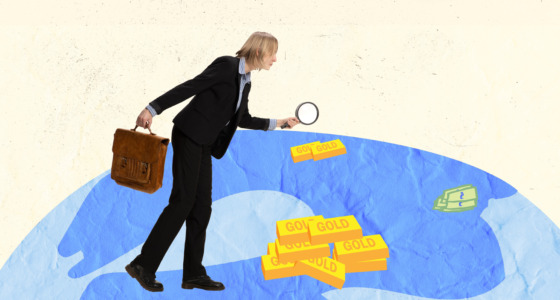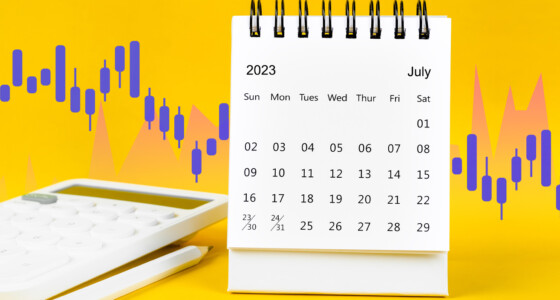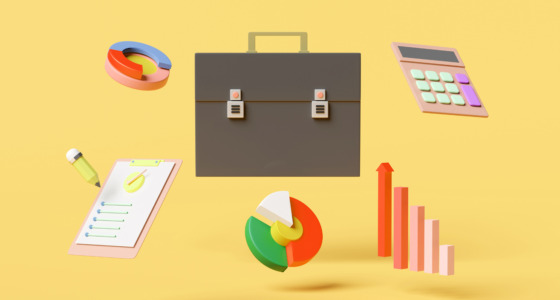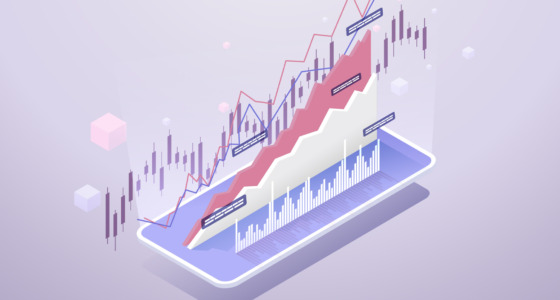

Forward contracts can be a valuable tool for traders. Still, they should only be utilized after carefully weighing the risks and rewards. This article will summarize what forward contracts are, how they differ from futures contracts, how they work, and their pros and cons.
What is a Forward сontract?
An agreement between two parties to acquire or sell an asset at a defined price and date is known as a forward contract. Both parties must carry out their responsibilities under the contract. Since forward contracts are not standardized, they can be modified based on the exchange asset, expiration date, and the amount transferred.
Trading commodities, including cereals, oil, and precious metals, frequently uses forward contracts. They are also a well-liked tool for Forex trading. Forward contracts help reduce the risks brought on by market price volatility. Traders can ensure they obtain the specified price later by fixing it with a contract.
Forward сontracts vs. Futures сontracts
Although they frequently get mixed up, forward and futures contracts differ significantly. While forward contracts are traded over-the-counter (OTC), futures contracts are standardized agreements traded on exchanges. Forward contracts are subject to change, unlike futures contracts. It is also worth pointing out that Forward contracts are negotiable, while future contracts are not.
Note! Forward and Futures contracts oblige traders to buy and sell an asset at a set price in the future.
Example of a Forward contract
Let’s take an example to understand better how a forward contract works. Suppose you are a farmer in the United States and have a bumper wheat crop. You know you will have much wheat to sell in two months. However, you are worried about the price of wheat dropping before you can sell your crop. You can enter into a forward contract with a buyer, such as a bakery, to sell your wheat for a predetermined price.
Let’s say that the current market price of wheat is $5 per bushel, but you want to sell it for $6 per bushel to protect yourself against a price drop. You can enter into a forward contract with the bakery to sell them 10,000 bushels of wheat in two months at $6 per bushel. The bakery agrees to this price because they are worried that the cost of grain might go up before they can buy it. When the two months have passed, you would need to provide 10,000 bushels of wheat, and the bakery would be obliged to pay $60,000 (10,000 bushels x $6) in return. Regardless of whether the price of wheat is $6 or not, you must sell at the agreed amount.
You can settle in cash if you or the buyer don’t want to exchange wheat after the expiration date. No product is supplied in this case. The settlement amount will be the difference between the agreed and current prices. The buyer will pay the seller if the asset’s price drops, and the seller will pay the buyer if the asset’s price rises.

Pros and Cons of a Forward сontract
As with any asset, there are advantages and disadvantages to using forward contracts.
Pros
As a straightforward and easy-to-use product, forward contracts are excellent for beginners. They are helpful for speculation or hedging because the contract price is fixed regardless of whether the asset’s price changes. As a result, traders can be sure of the price at which they will buy or sell.
Another essential advantage of forward contracts is their adaptability. Customized dates and quantities are available. Most forward contracts allow for early closure if you want to cut losses or capture profits.
Cons
The dangers of forward contracts must be taken into account. First, as forwards are traded OTC, there is no product quality assurance. Asset variation, which may affect the contract’s value, is unregulated. At the same time, if traders decided to settle in cash rather than taking possession of the asset, this would not affect the exchange.
The second disadvantage is the risk of default. A forward contract’s worth increases for one party and decreases for the other as its price fluctuates, creating an obligation. Working with trustworthy counter-parties and taking precautions like requesting collateral or a guarantee from a third party to cover any potential losses helps reduce default risk.
Additionally, the inflexibility of forward contracts can be seen as a disadvantage in some situations. Once a contract is entered into, both parties must fulfill their end of the agreement, even if the market conditions change significantly. This can make it difficult for traders to react to unforeseen market events.
The bottom line
A forward contract is a practical financial tool that enables traders to buy or sell an asset at a fixed price and date. It offers a high degree of flexibility, as the contract terms can be customized to meet the specific needs of the traders.
However, forward contracts also come with some risks, such as counter-party risk. Overall, forward contracts can be a valuable tool for traders. Still, they should be used cautiously and only after thoroughly understanding their risks and benefits.








